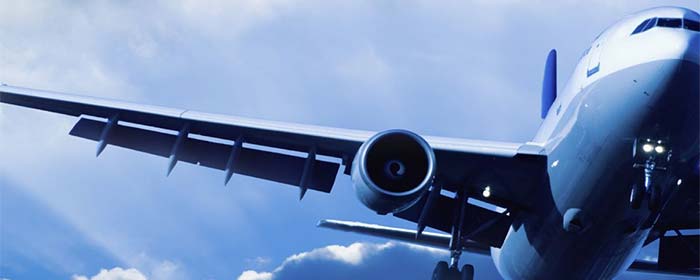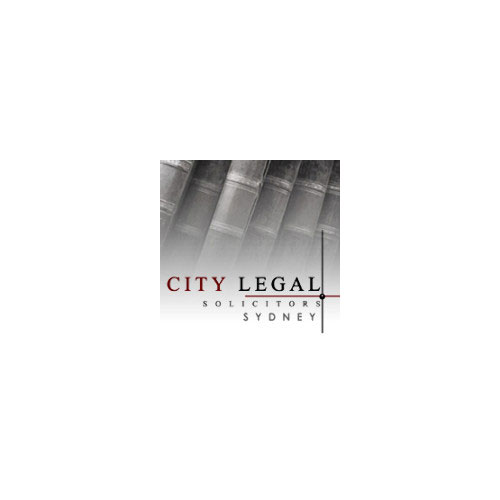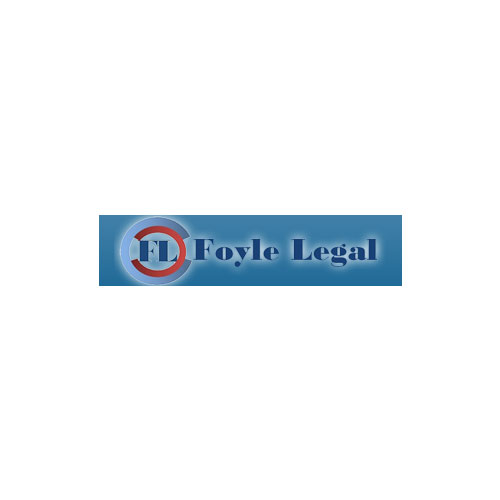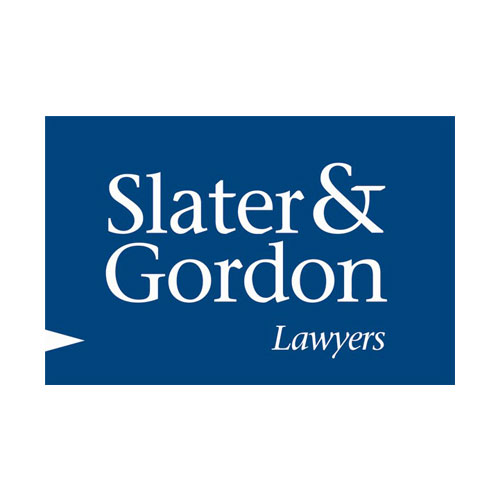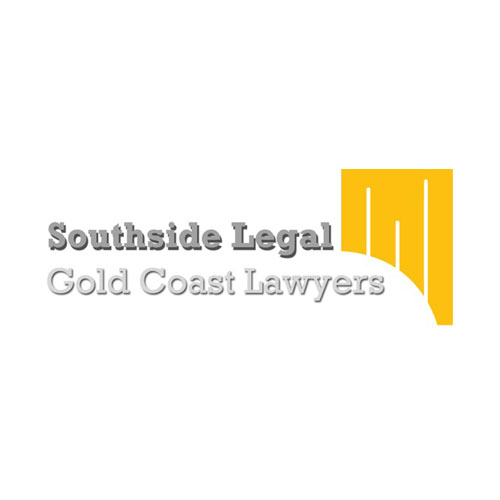Accidents happen. In most cases we cannot predict them, and must accept them as unfortunate likelihoods. The Australian Transport and Safety Bureau (ATSB) owes a duty of care to the passengers that use rail, aviation and boating transport.
The ATSB focuses on identifying failures in public transport systems that may result in accidents causing severe injuries passengers. Due to the broad range of accidents covered in this field and the complex hierarchy under which different incidents are ranked and investigated it is recommended that you consult a lawyer specialised in public transport law.
If you have been involved in an accident while using public transport, you may be interested in investigating claiming for compensation from the ATSB.
The level of investigation response is determined by resource availability and such factors as detailed below. These factors are presented in no particular order and may, depending on the circumstances, vary in the degree to which they influence the ATSB's decision to investigate and the level of response you receive from them:
- The estimated or predicted cost/value of an accident and investigating what caused it and how to prevent it in future.
- The potential for an investigation to lead to a national or global level safety initiative.
- The seriousness of injuries incurred, or damages to infrastructure and transport mechanisms.
- The legal obligations under which the ATSB must operate.
- How the handling of the incident by the ATSB will be perceived by the public and influence the public perception and confidence of the public transport system.
- The existence and strength of evidence put forward to support the claim.
- The relevance of the claim to any support or research programs already in play.
- The resources available for dealing with the claim.
- Will inspecting the claim be useful in training new ATSB investigators?
Where to start your claim action?
Due to the vastness of the ATSB and the large number of people using aeroplanes, boats, and to a lesser extent railways, it is necessary to start by consulting a solicitor that is an expert in public transport law. Your lawyer will hear out your case and determine if your case will be successful if investigated. The majority of law firms offer a ‘no win, no fee’ contingency long with a free first consultation, so evaluating the merits of your claim won’t cost you anything.
If your claim is found valid, the aviation authority will undertake an investigation into your case.
Who pays out?
It really depends on who the negligent party was in the case of your accident. This can be a variety of people and it can sometimes be difficult pinpointing the responsible party. Generally, the parties that pay out are:
- The aircraft/boat/train maintenance engineer
- The airport/boat/rail corporation
- The statutory regulator, such as the Civil Aviation Safety Authority (CASA) or ATSB
- The manufacturer
- The manufacturer of the faulty train/plane/boat part
What can I claim for?
What and how much you can claim for ultimately depends on what injuries and trauma you suffered in your particular case.
Generally the following costs can be claimed for:
- Medical expenses, past and future
- Loss of earnings, past and future
- Psychological trauma
- Death and dependency benefits
In the case of injury compensation, the best time to estimate medical costs is once your condition has stabilised, and no further complications arise.
How long will it take?
Even if your claim is successful, you will have to patient to receive compensation. The process can take up to 18 months.
How long do I have to claim?
Try to initiate the claims process as soon as your condition is stable, if you wait too long (longer than 12 months), the validity of your claim may be deemed to have expired.
Preparing your claim
Save yourself time going back and forth collating documents and prepare them before you see your lawyer. Here are some tips:
- Write down specific facts and details regarding the accident and the circumstances under which it took place: date, time, weather conditions, what you were doing at that location, summarise the accident etc.
- Take photographs of the scene and injuries. Your smart phone is your friend here.
- If you already have a medical report from your doctor describing your injuries and stating that they arose directly from the accident, also take along any financial records or receipts of your medical bills.
- Proof of any other injury-related bills.
- A history or timeline of all the appointments and meetings you have had regarding your injuries and treating them.
- Your personal record of how your quality of life was affected by the incident and whether or not it has returned to normal.
- Person details of any witnesses or passengers present at the time of the accident; names, ID numbers, etc.
- A record of what was said between parties involved in your claim. What the local authority told you at the time of the accident.
- NEVER admit fault. Some insurance policies have this as a specific requirement, and you can void your insurance this way.
What will reduce the value of your claim?
Even if the accident was not your fault at all, if you did not take appropriate responsibility for yourself or other passengers with you, it may be determined that your negligence worsened the injuries incurred as a result of the accident.
Where can I find information on rail, maritime and aviation regulations and statutes?
The ATSB website covers all major transport regulations: https://www.infrastructure.gov.au
The Civil Air and Safety Authority (CASA)is an independent statutory authority that was established in 1995 under the Civil Aviation Act 1988. CASA is responsible for the safety regulation of both civil air operations in Australian territory and Australian aircraft operating outside Australian territory. CASA is also responsible for regulating aspects of the administration of Australia's airspace.
